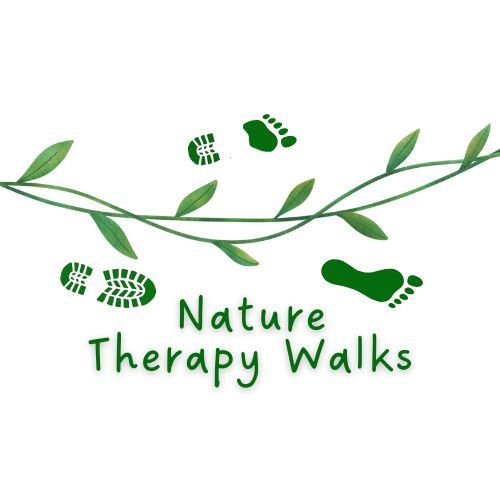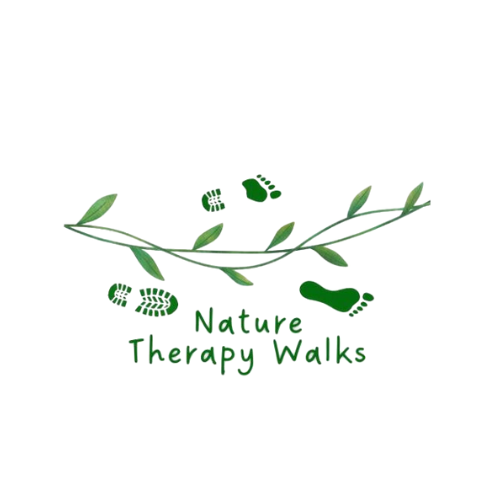
Stressed Out
Work stress. Emotional stress. Technostress. Environmental stress. Psychosocial stress. Toxic stress. Financial stress. Chronic, damaging stress is ubiquitous for humans living in the 21st century.
It’s less than a hundred years since the word “stress” became tethered to its current meaning: “damaging hyperstimulation.” Living with hyperstimulated bodies and minds causes a raft of symptoms implicated in all the diseases on our top-ten-killer list including heart disease, diabetes, cancer and suicide.
Stress either chomps at the edges of our lives, or chews straight through the middle of them. It assaults our hearts, lungs, muscles, mental health – from the microcosm of individual cells to our overall wellbeing.
Being a brainy species, of course, we’ve developed a smorgasbord of methods for dealing with stress in our lives. We have technological solutions from wearable stress-relief devices to float tanks; the old-style, tried-but-true methods like yoga, meditation, chanting or prayer; and escape routes from cocktails and cruises to streaming services.
But there is one very simple way, validated by science, to release stress and enjoy a boost to your physical, mental and emotional health: go spend some time in nature.
Nature slipped off the agenda
For as long as we have been living and working mostly indoors, there have been advocates for the great outdoors. Beethoven walked in the woods every day. “For the woods, the trees and the rocks give man the resonance he needs,” he said – and Beethoven knew a thing or two about resonance.
The romantic poets were early pinups of nature loving. Wordsworth’s daffodils and Keats’ nightingale, Emerson’s cowslips and anemones kept the love of nature in our cultural life.
Einstein was a bit of a nature mystic at heart: “He who finds a thought that lets us a little deeper into the eternal mystery of nature has been granted great peace.”
And yet somehow, because we have been so busy working with our machines and computers and being entertained by screens of every size, the “eternal mystery” of nature slipped off the daily agenda. (Other than watching gorgeous, or increasingly scary, nature docos on Netflix.)
Forest ‘bathing’
In the 1980s, in the midst of Japan’s economic boom, work stress was damaging lives, families and communities. Scientists noticed people who spent time outdoors in nature had better resistance to stress and healthier lives. If research could prove a causal relationship, Japan would have a simple way to reduce the damage – and boost productivity. (The suggestion of positive, economic outcomes being the best hope for research funding everywhere.)
Scientists discovered direct links between time spent in nature and lower blood pressure, lower cortisol levels, improved immunity and much more.
Shinrin-Yoku – or “bathing in the atmosphere of the forest” – was launched and remains a popular stress-reducing, health-inducing practice in Japan, prescribed by doctors, therapists, hospitals and supported by employers. There are more than 60 forests dedicated to the practice of Shinrin-Yoku, with more planned.
An Explosion of Research
The damage to our natural environment from using Mother Earth as a resource and a convenience has launched massive environmental research in the last fifty years. And along with the research on what we’ve done to nature, is a corresponding increase in studying what nature can do for us – specifically for the wellbeing of our bodies, minds and spirits.
Below is a small sample of reports on studies that support the hypothesis that being in nature produces positive benefits for humans, reducing stress and its physical and mental damage. It’s a small sample of the work being done, but a window into the proven potential of nature to improve your well-being.
Mental Benefits:
Improves mental health and cognition
Boosts creativity
Reduces anxiety
Better productivity in the workplace
Emotional Benefits:
Overall emotional wellbeing
Stimulates the transcendental experience of awe
Physical Benefits:
Boosts immunity
Lowers blood pressure
Reduces stress
A summary of studies on the human health benefits of contacts with nature from Heath Promotion International journal.

